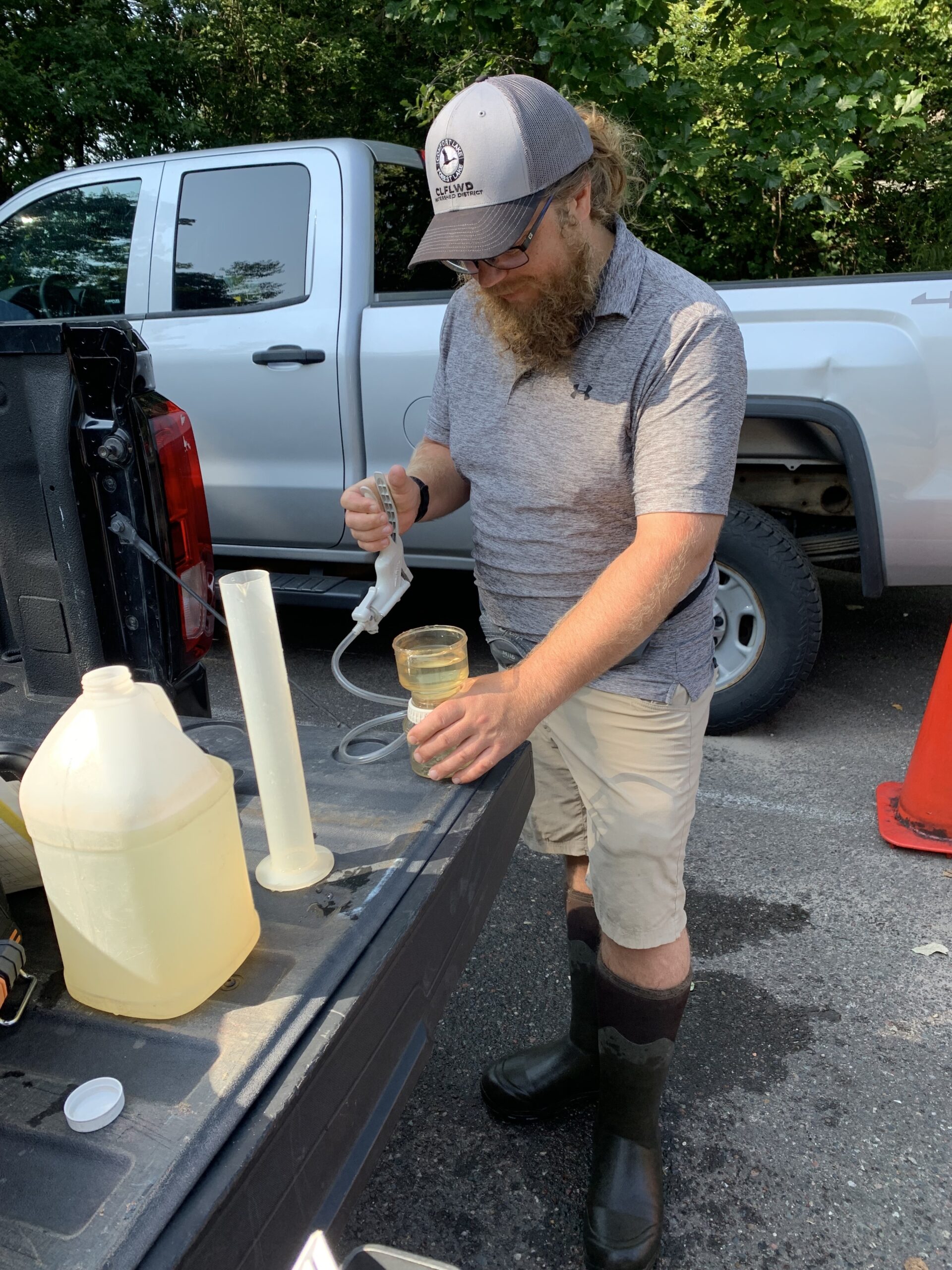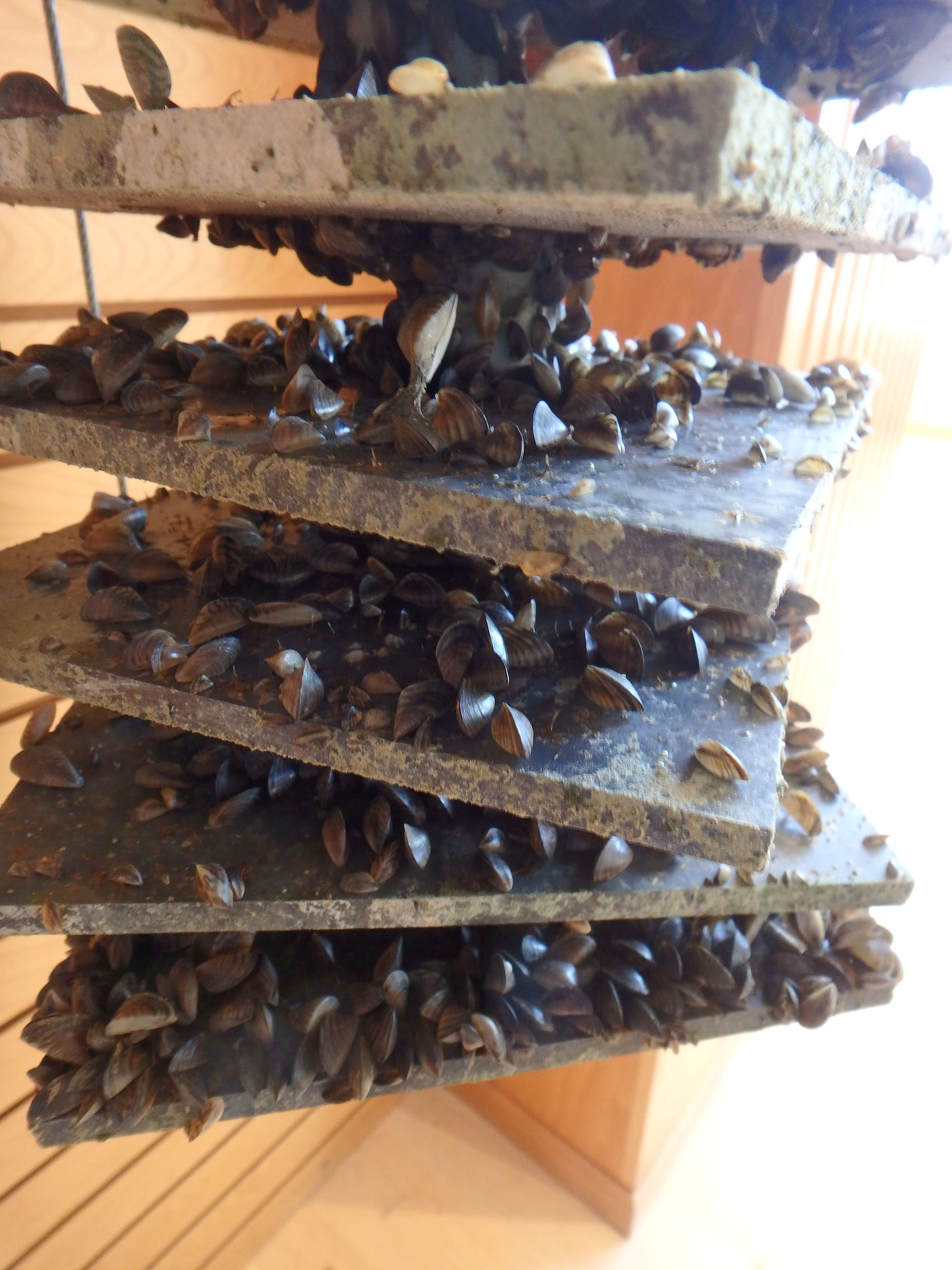Citizen science provides residents with the opportunity to get involved in the protection and management of the local resources. The CLFLWD offers a variety of citizen science opportunities within the realm of water monitoring and aquatic invasive species prevention.
Get Involved!
Community Assisted Monitoring Program (CAMP)
Volunteers in this program monitor lake water quality by collecting water samples, taking Secchi transparencies and surface water temperature, and recording basic user perceptions and climate information. All training is provided and typically takes a couple of hours. All equipment including sampling tools and data sheets are also provided. Volunteers in this program collect samples twice a month and store them in their freezer, samples are collected from volunteers twice per season and sent into the Metropolitan Council for analysis. No prior water monitoring experience is needed.


Citizen Assisted Tributary Monitoring (CAT)
The CAT program utilizes trained volunteers to collect water samples at small and flashy drainage points surrounding selected lakes (such as streams, ditches, and culverts) and then deliver those samples to the CLFLWD for analysis using inexpensive, yet accurate, digital colorimeters. Data gathered by this program will help to identify, inform, prioritize, plan, and execute projects that improve the water quality of Forest Lake. All training is provided and typically takes no more than a few hours. All equipment including sampling tools and data sheets are also provided. It is expected that volunteers will spend approximately one hour a week collecting and processing water samples, depending on rainfall. No prior water monitoring experience is needed. Interested in volunteering or learning more? Contact Victoria D'Amico via email or call 651-313-8821.
Zebra Mussel Monitoring
The zebra mussel monitoring program allows the district to keep an eye on existing zebra mussel populations in infested lakes and provides a crucial early detection method for non-infested lakes. Volunteers pick up a sampling plate from CLFLWD after ice out, hang it from their dock for the duration of the summer, and then return the sampling plate to CLFLWD in the fall for analysis. Volunteers who have plates in lakes that are not currently infested with zebra mussels are asked to check their plate monthly so any signs of zebra mussel attachment.

